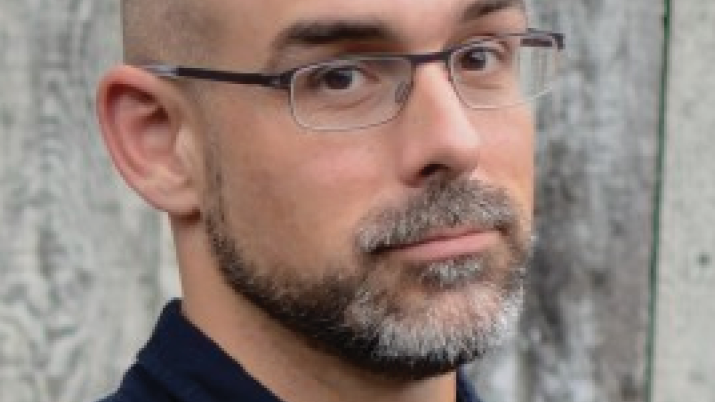

Dr. Joël Castonguay-Bélanger, Department Head
“For those of us whose bread and butter are critical reading and discourse analysis, the last year demonstrated the necessity for one to really understand how language works, and how ideas circulate to understand the world we live in and the major events that impact our personal lives.”
The 2020-21 academic year that just ended was, by any measure, one the most unusual and challenging for students and faculty around the world. Unable to gather in person to learn and exchange ideas, we were forced to find new ways to create and maintain our connections and communities that were normally offered by life on campus. Dispersed in different locations and time zones, our daily commute was reduced to the few steps between the rooms of our homes. Our screens became our classrooms, meeting spaces and libraries, and our source of entertainment in-between writing papers … which were also done on our computers.
Some of us appreciated the possibility of wearing pajama pants and comfy clothes all day while meeting friends and colleagues. We learned that a virtual mortarboard filter can be very handy for virtual graduation ceremonies. None of these little things were deemed futile if it could bring up a smile, reduce anxiety and remind us that, despite the distance, we were all in this together.
Previous pandemics and times of crisis can provide some perspective on what the world has experienced since the spring of 2020, but no historical comparison would fully capture the specificity of a year marked by other major political events, debates and tensions.
In this context, the pandemic helped reveal the realities of our times that too often remain unnoticed. A wide range of social inequalities and disparities were exposed and exacerbated. The virus even affected our language. Through the clichés, repeated metaphors, and new terminology that emerged in the wake of this “unprecedented” event, the social discourse has directly shaped the way we experienced this health crisis. For those of us whose bread and butter are critical reading and discourse analysis, the last year demonstrated the necessity for one to really understand how language works, and how ideas circulate to understand the world we live in and the major events that impact our personal lives.
There is no doubt that the class of 2021 learned this lesson the hard way. The students who graduated this year deserve all our admiration for the resilience and the adaptability they have shown during the last stretch of their degree at UBC. All of us here at FHIS congratulate you for this major accomplishment and we wish you the very best as you step ahead towards the next chapter of your life!
To the students who will be continuing or starting with us in September, welcoming you back on campus promises to be a challenging yet exciting moment—one that we have been anticipating for a long time and for which we are now actively preparing, with your safety and wellbeing in mind. With lots of new courses to choose from, renewed programs, new initiatives and opportunities to enhance your studies, the next academic year will, in many ways, feel like a new beginning. We are looking forward to seeing you in person very soon.
Joël Castonguay-Bélanger
Department Head
French, Hispanic and Italian Studies


